If there were ever a true story ripe for big screen treatment, it’s that of Hugh Glass, a 19th century trapper who traveled 1,500 miles through the wilderness in pursuit of vengeance against the men who left him for dead after he was mauled by a bear. A fictionalized version of the tale was recently brought to life by Birdman director Alejandro González Iñárritu in The Revenant, starring Leonardo DiCaprio as Glass, based on the 2002 Michael Punke novel of the same name.
But Punke’s book wasn’t the first to tell Glass’ story: in 1939, the New Deal-era Federal Writers’ Project published The Oregon Trail, a history of the American West in which Hugh Glass appears. In its review of the book, TIME called him “the angriest man in U.S. history.” Here is the real story, as told by that book:
In 1823, Glass joined a team led by Andrew Henry that traveled up the Missouri River and the Grand River in modern-day South Dakota. It was during that trip that Glass was mauled by a grizzly bear. “Before Glass could shoot or retreat, the animal had seized him and bitten out a large chunk of his flesh, which she dropped to her younglings,” the book relates. “Glass screamed for his fellows but before they could kill the bear he had been mangled from head to foot.”
In case you had any doubts to how truly fearsome grizzly bears are, The Oregon Trail offers some context: “The grizzly is one of the most ferocious and dangerous animals in the world—as some San Francisco gamblers proved long ago when they staged a fight between a grizzly and a tiger; the tiger was dead in a few seconds.”
Glass did not die, but his fellow travelers didn’t expect him to survive for long. They could not carry the injured man with them and, since winter was approaching, they could not risk staying with him until he died. The men in the group offered two of their own $80 (quite a sum in that time) to stay with Glass and give him a decent burial once he died. But Glass would not let go of life, and after five days the two men abandoned Glass, scared that they would perish themselves if they stayed any longer. “Slipping away they took with them all his belongings—his gun, knife, flint and other essentials of wilderness life,” the book continues. “These they gave to Henry and asserted that Glass had died.”
The book goes on to say that Glass’ “rage” at having been abandoned “provided the vitalizing will to live.” Without a gun, he began to drag himself to the nearest post, Fort Kiowa, 100 miles away. He was close to starving until he came upon a group of wolves killing a buffalo calf. He scared the animals off and ate the raw meat of the killed animal. He joined with a trapping party on its way to Yellowstone at the post, but they were attacked by a group of Native Americans, the Aricaras. None but Glass, who was saved by another tribe, the Mandan, survived.
Glass set off alone again and arrived at the Big Horn post, where he planned to enact his revenge, 38 days later. But the group that abandoned him had already left. He picked up supplies and joined yet another party of four men to Fort Atkinson in dogged pursuit of the men who betrayed him. They encountered another band of Aricaras. They seemed friendly, and Glass’ group joined them at their home. But it turned out the tribe’s chief had been killed by trappers the year before, and Glass and his fellow trappers had been set up. Two of the men were killed, while the others escaped. Glass found himself alone again.
See Leonardo DiCaprio’s Best Roles
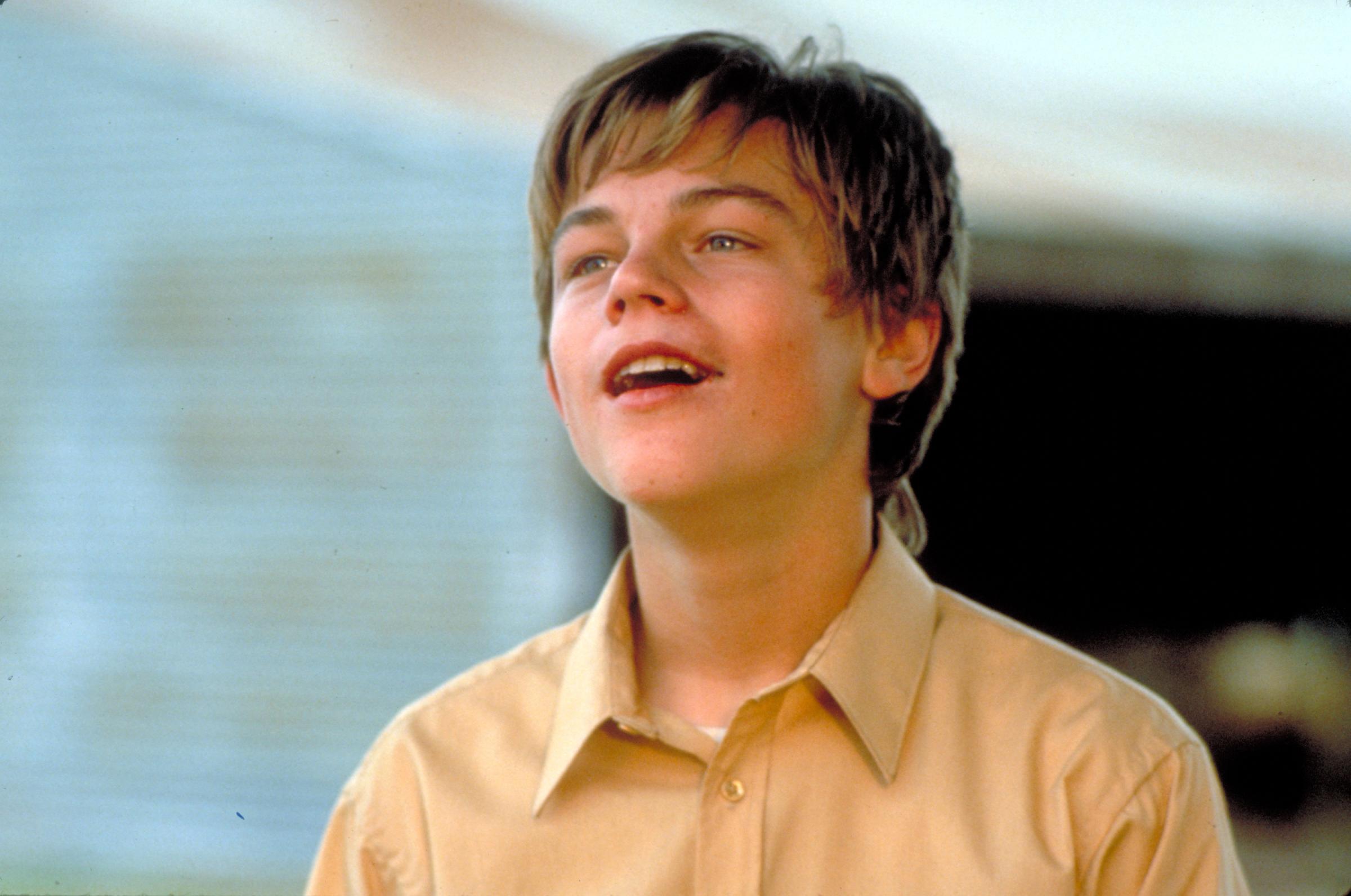
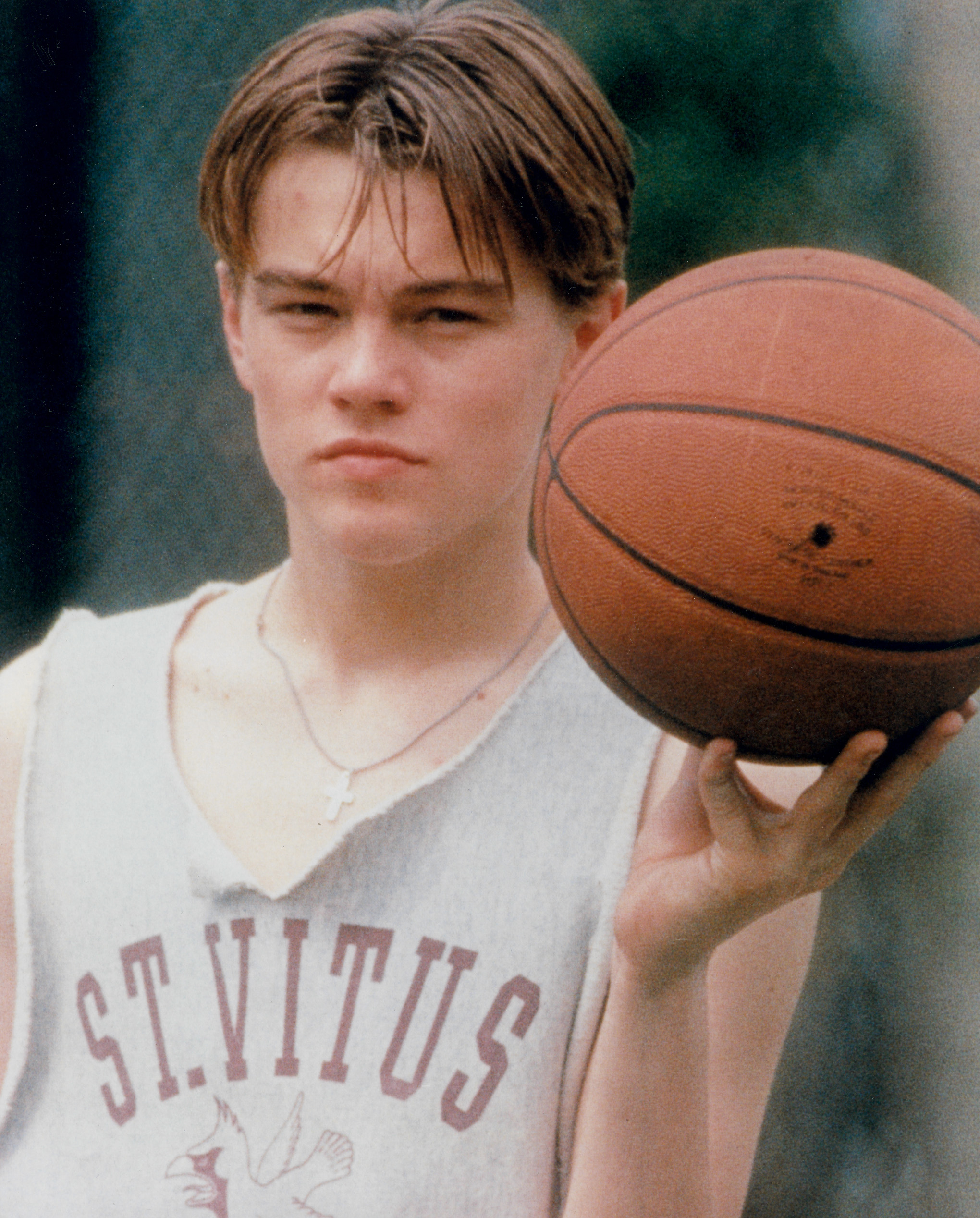
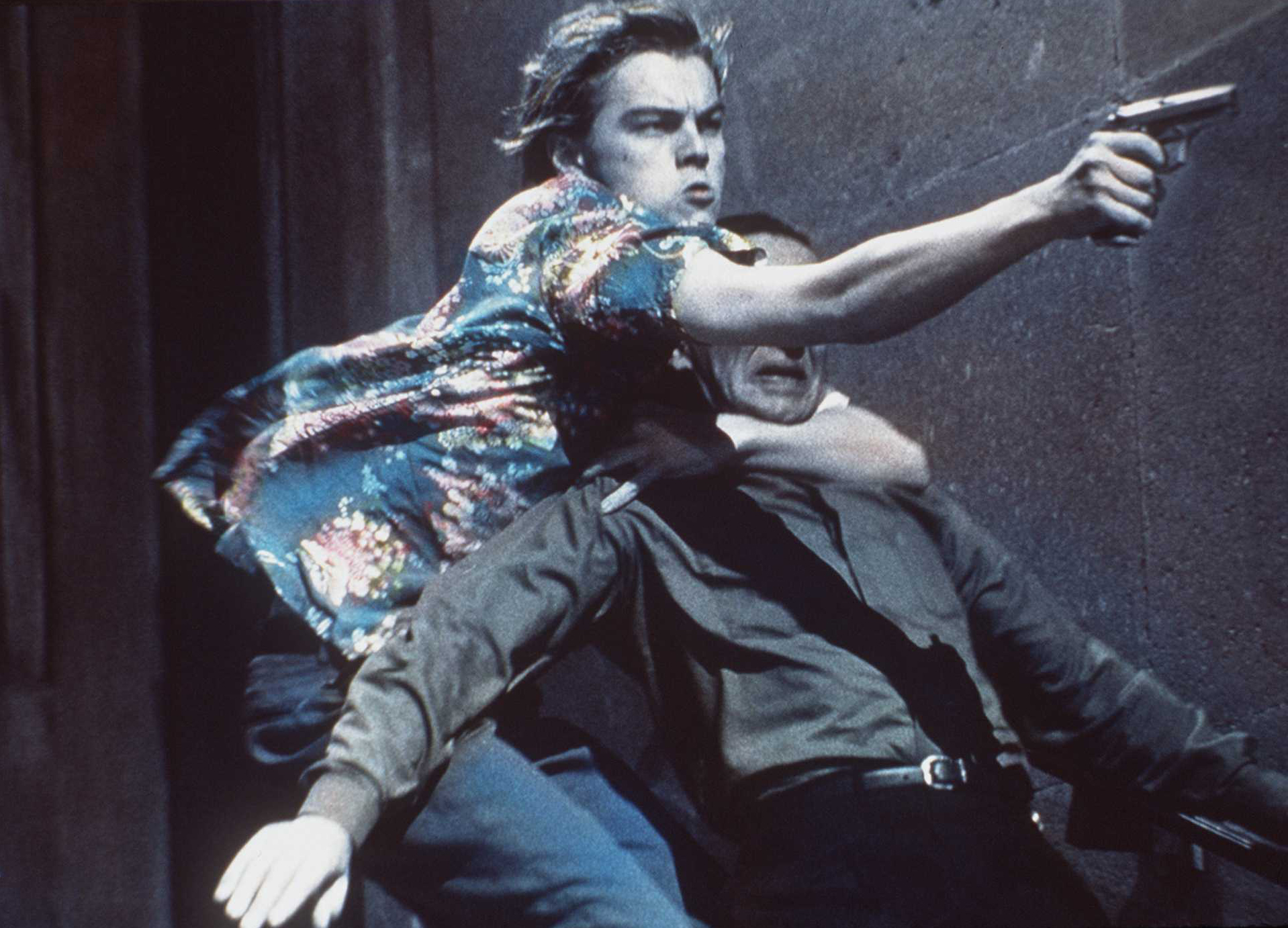
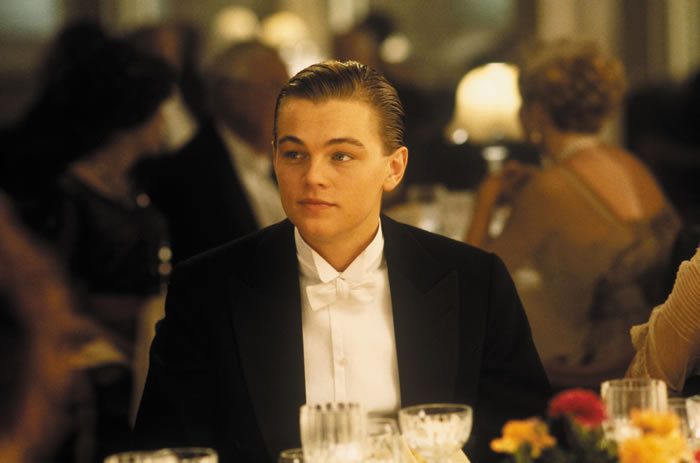
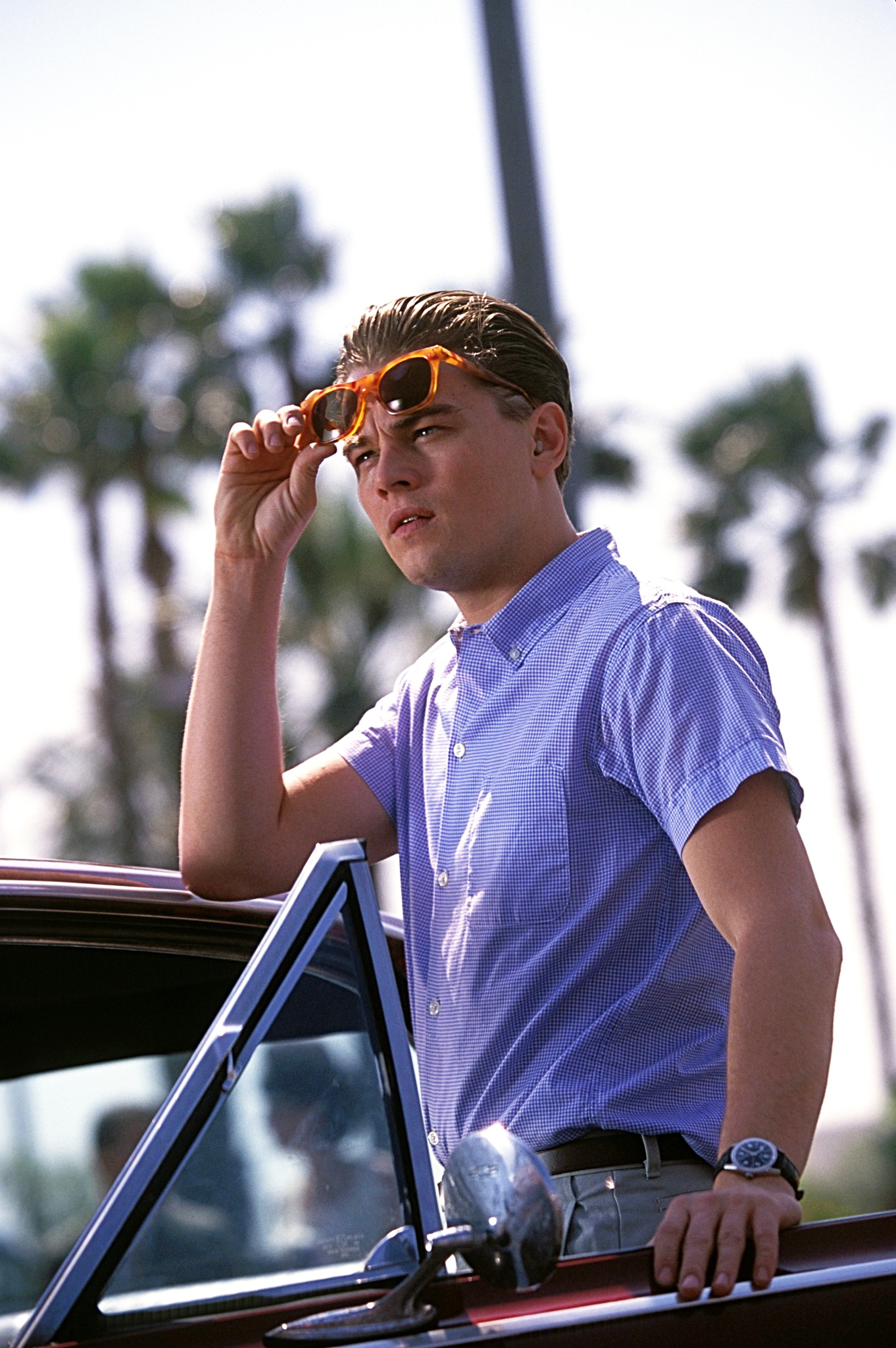
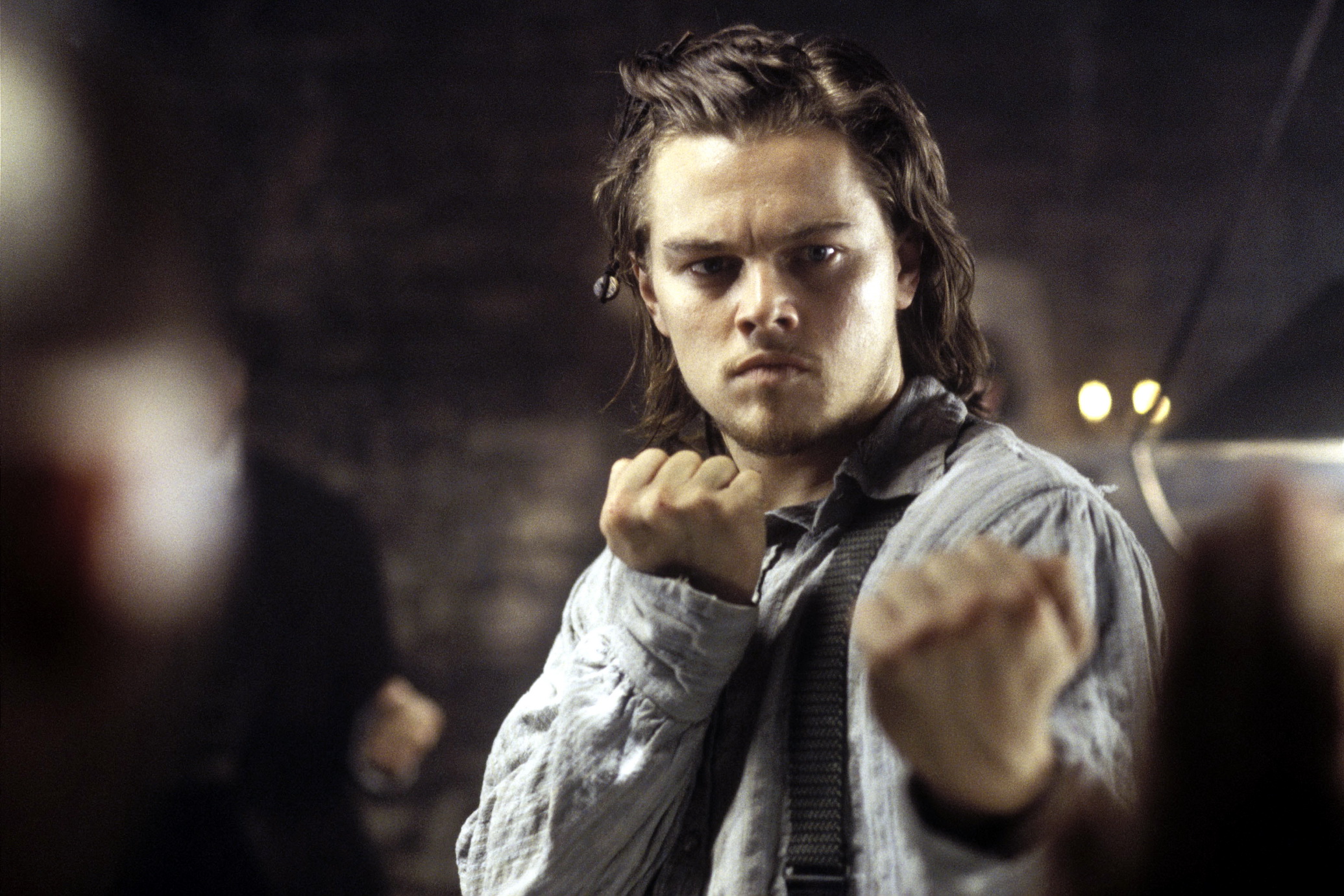
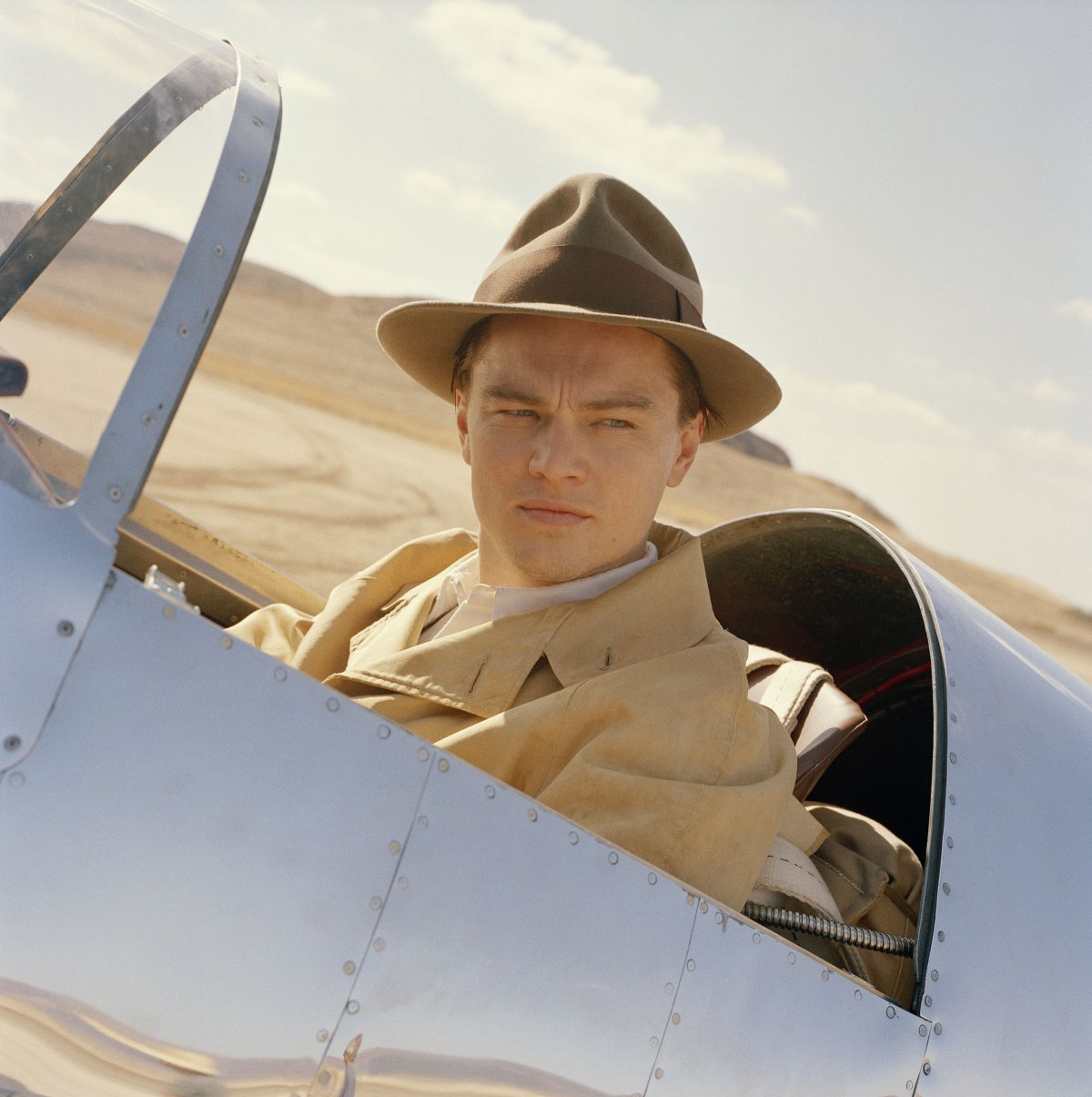

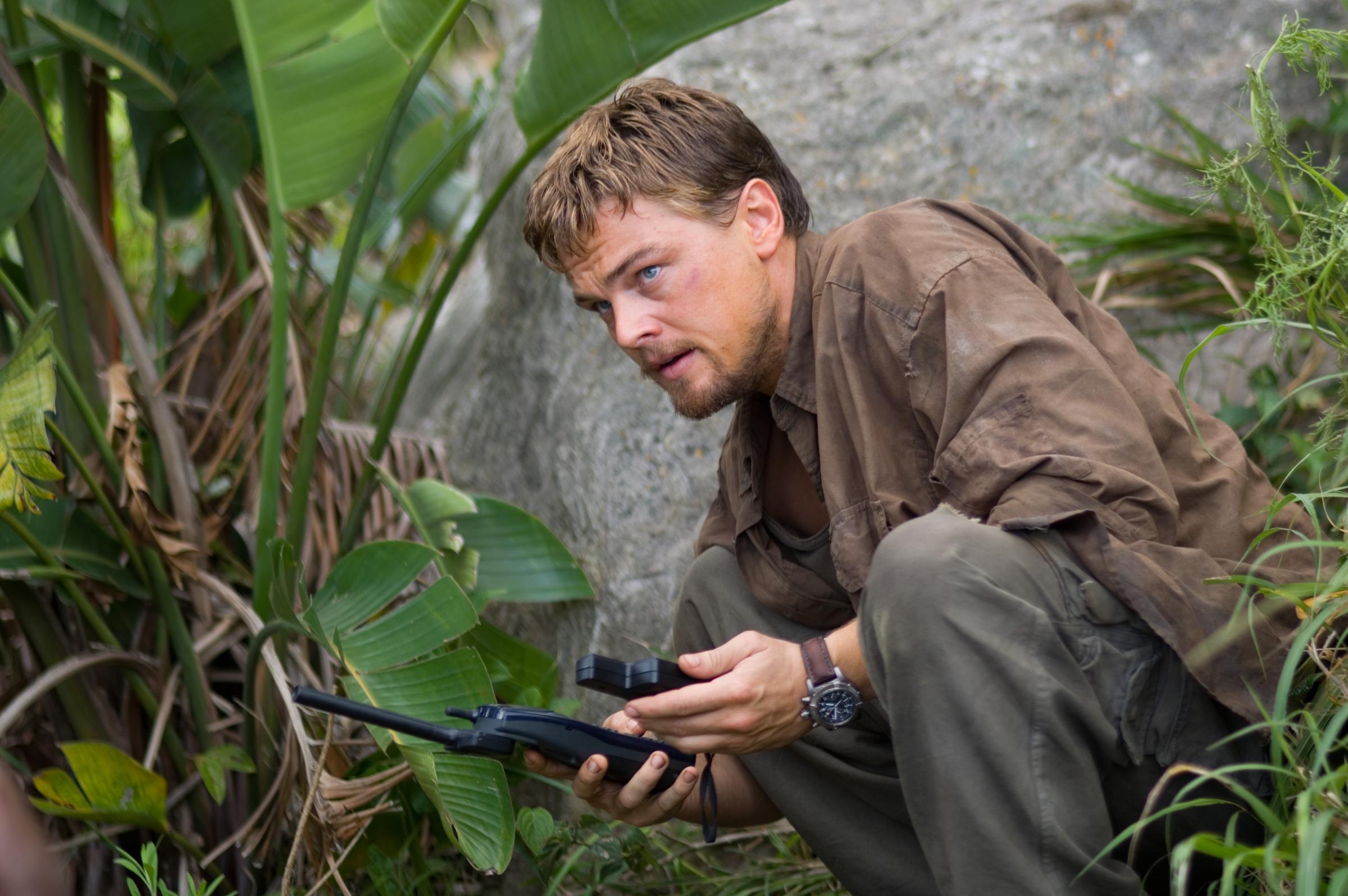
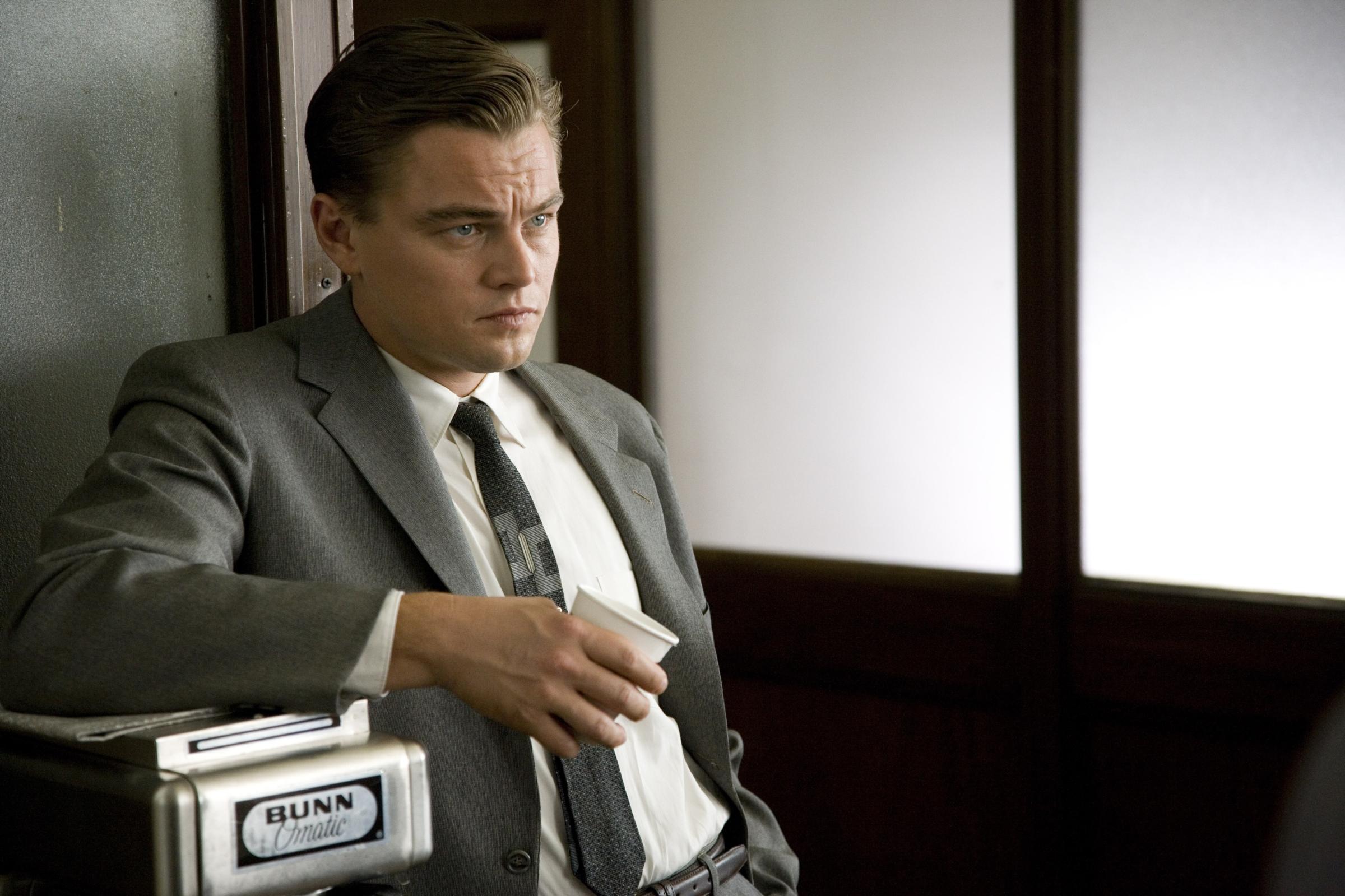
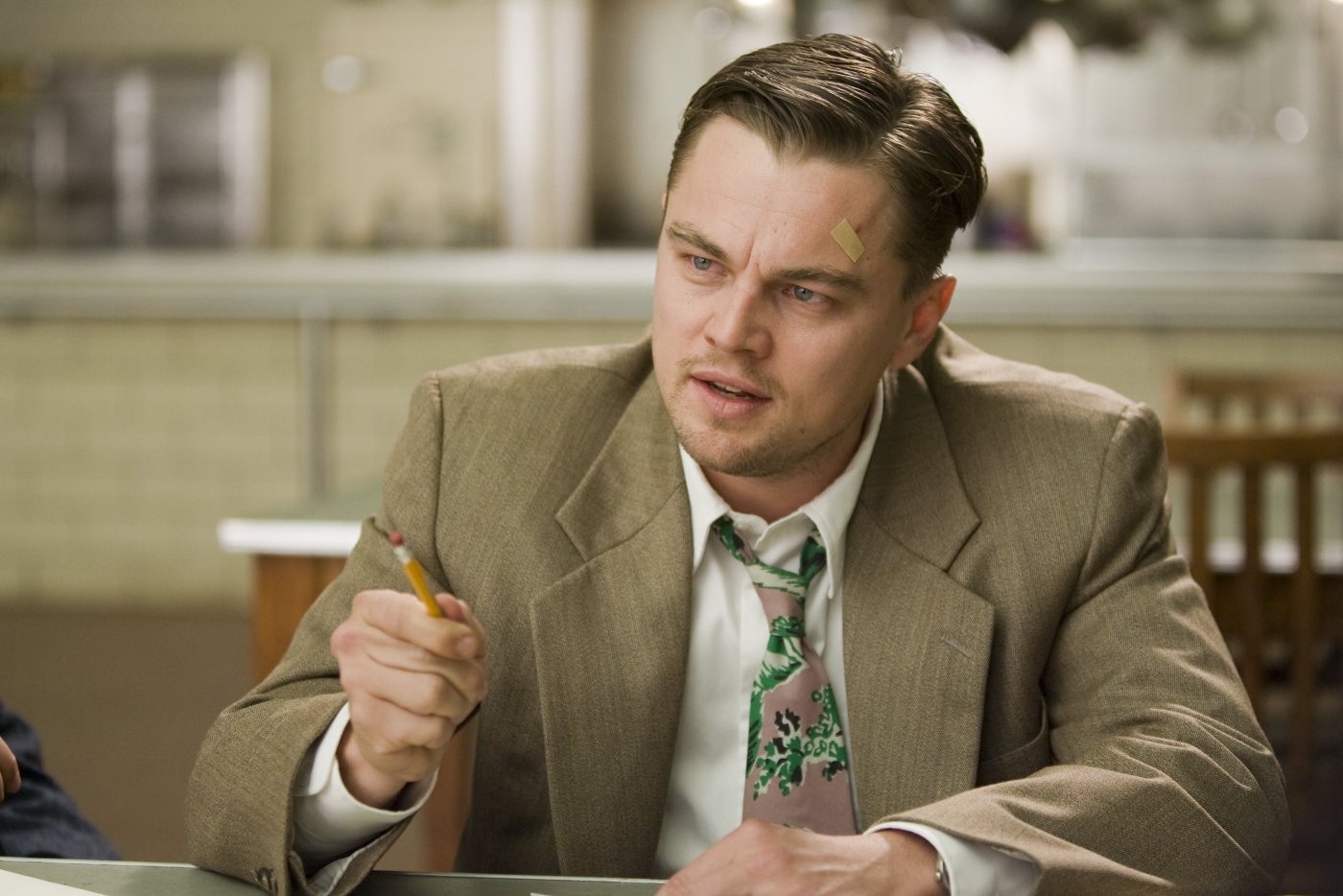
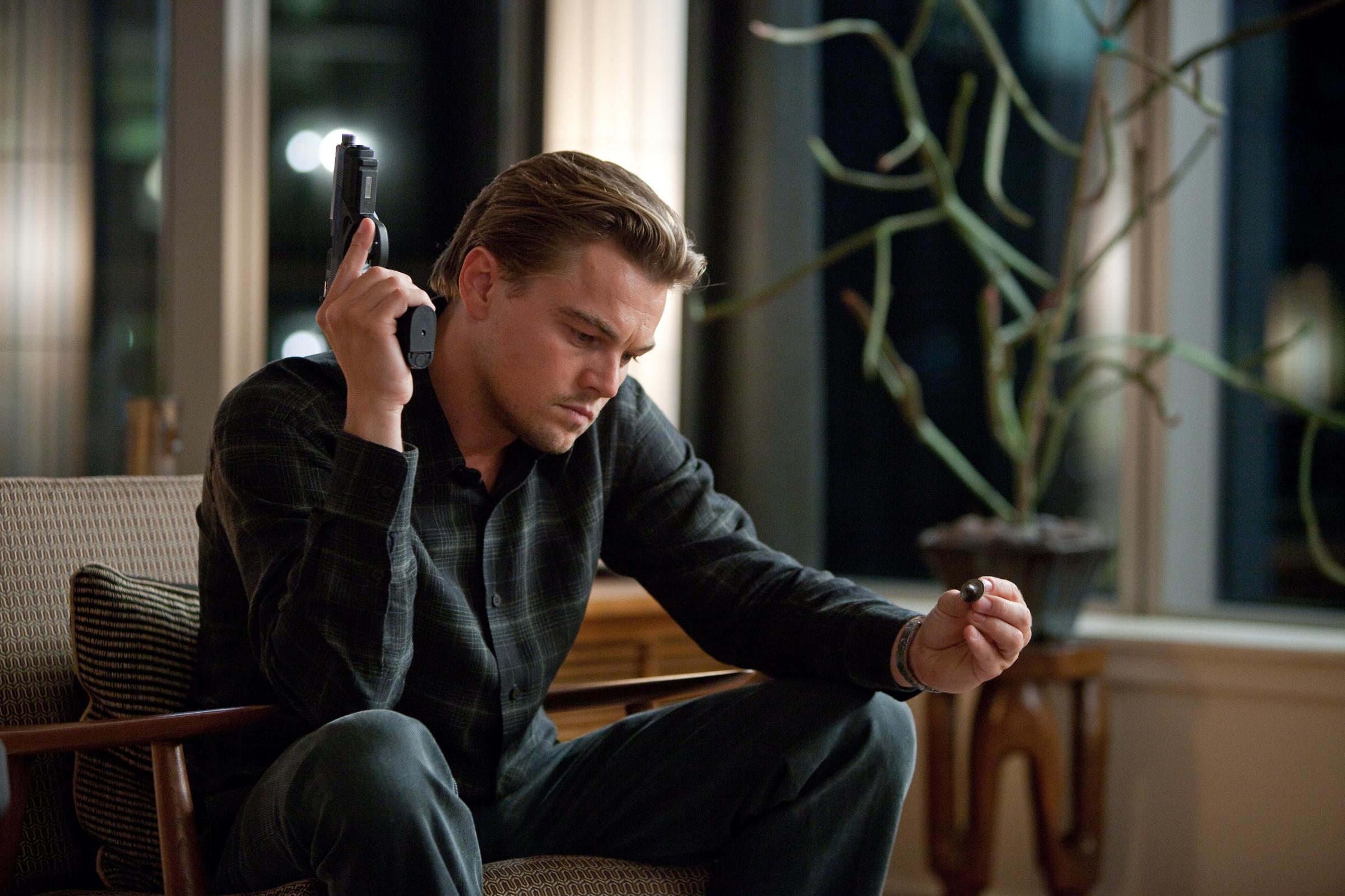
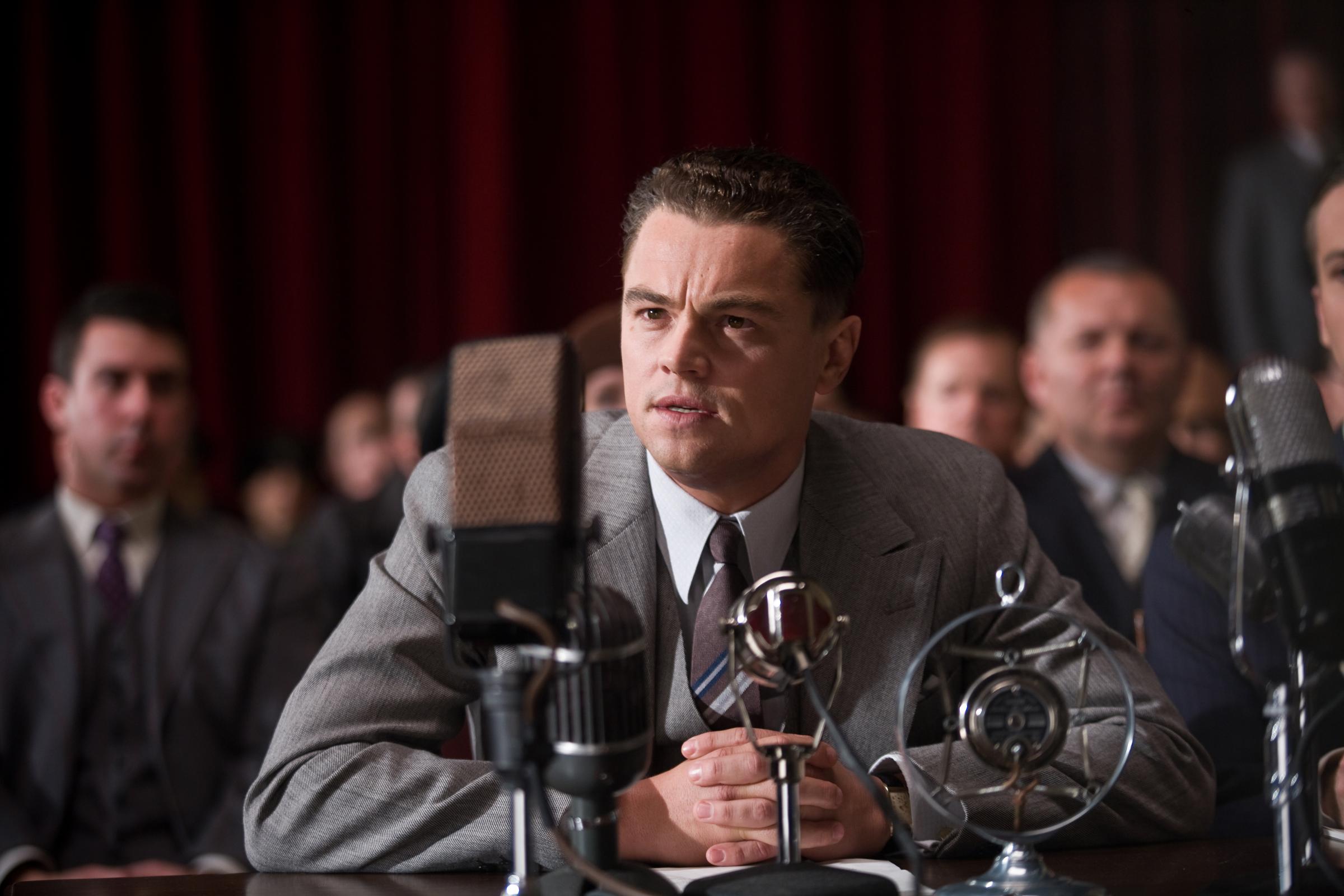
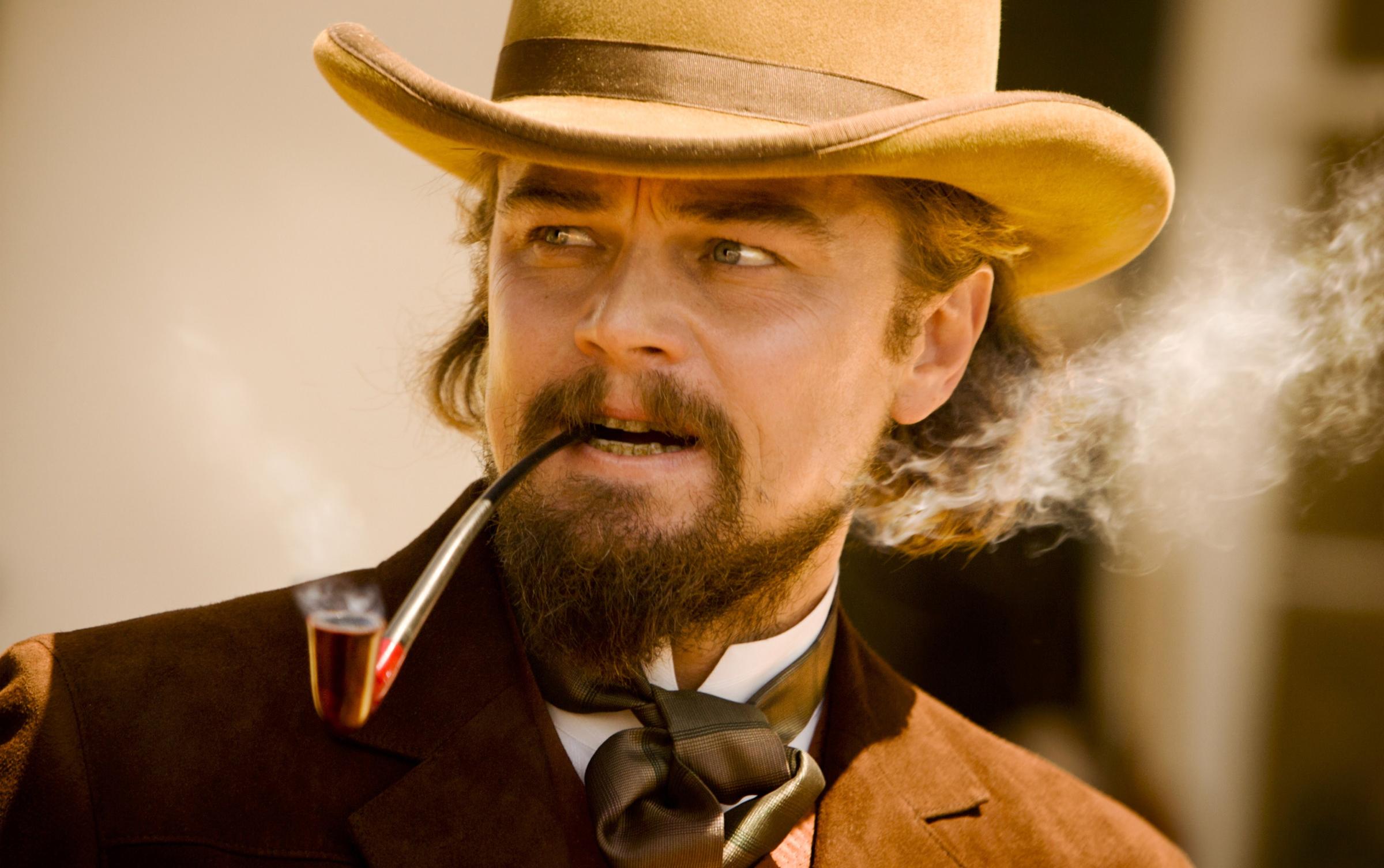
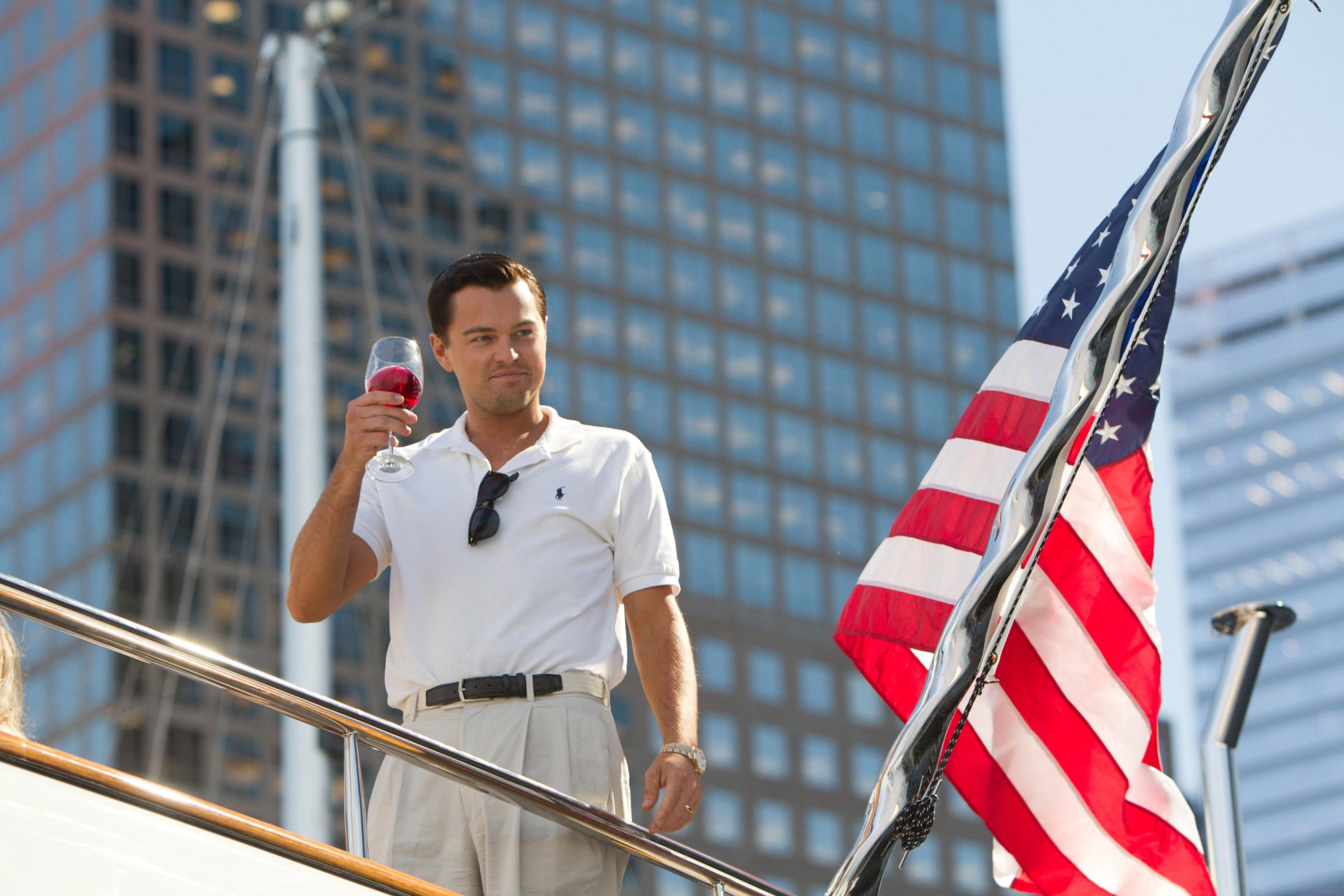
Glass had lost his gun but still had his flint and knife. He was reported to say of these circumstances, “These little fixin’s make a man feel right pert when he is three or four hundred miles from anybody or anywhere.” They were apparently enough to sustain him until he eventually reached Fort Kiowa, later that spring.
What happened there, however, was rather anti-climactic:
“In June he walked into the fort at last to face those who had deserted him. Reports of his superhuman journey and vengeful desire had already reached the fort; he was received with awe and expectation, but his rage had been completely exhausted by the nine-month trek. Nothing happened.”
More Must-Reads from TIME
- Why Trump’s Message Worked on Latino Men
- What Trump’s Win Could Mean for Housing
- The 100 Must-Read Books of 2024
- Sleep Doctors Share the 1 Tip That’s Changed Their Lives
- Column: Let’s Bring Back Romance
- What It’s Like to Have Long COVID As a Kid
- FX’s Say Nothing Is the Must-Watch Political Thriller of 2024
- Merle Bombardieri Is Helping People Make the Baby Decision
Write to Eliana Dockterman at eliana.dockterman@time.com